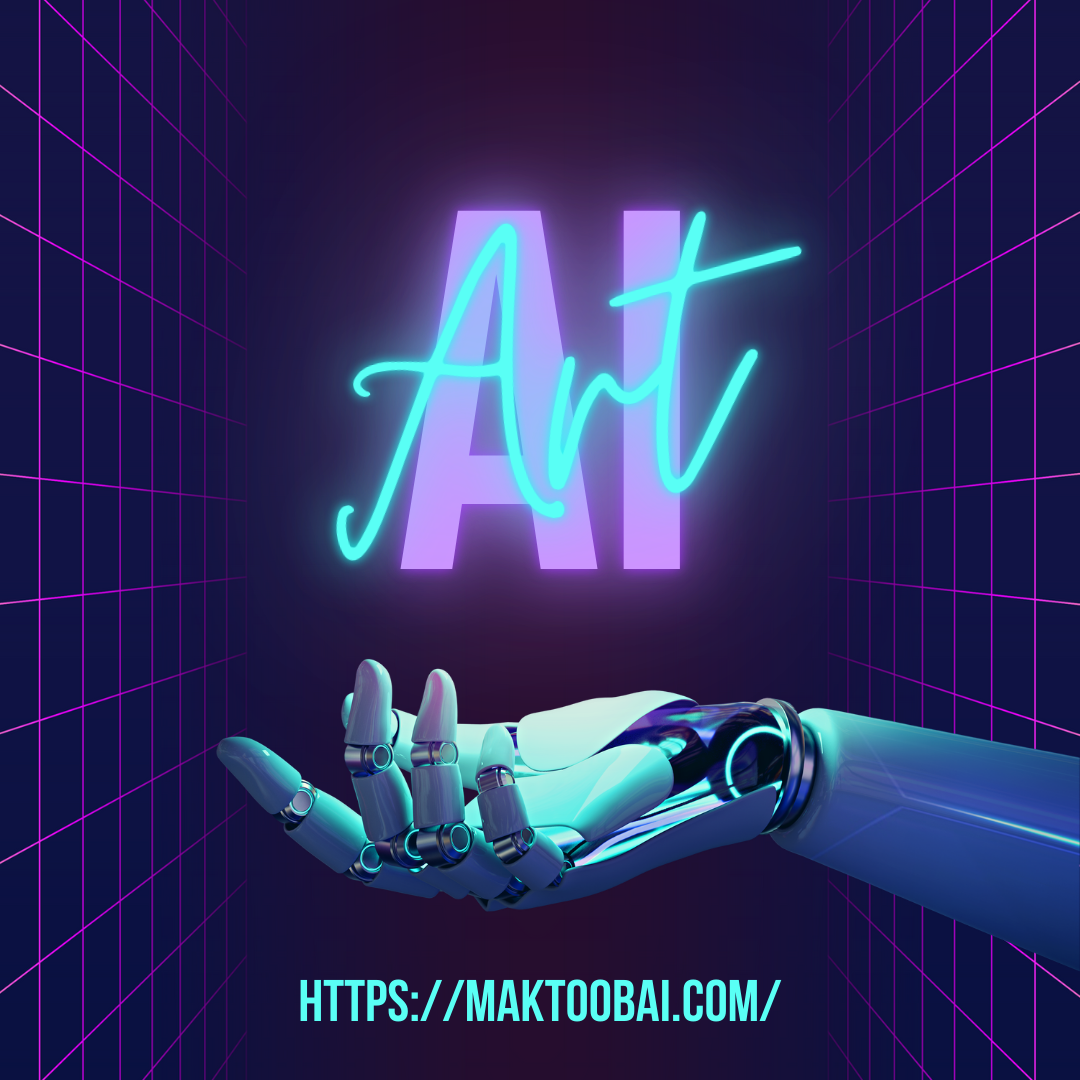Several once-prominent open source AI projects have recently gone quiet. For example, Stable Diffusion’s open releases slowed after concerns about misuse and regulatory scrutiny. Some major language models, once widely available, are now restricted to select partners or paid APIs.
Lessons Learned
These examples highlight the challenges facing open source AI: balancing innovation with responsibility, and openness with security. As the rules of the game change, so must the strategies of developers and organizations.
The Open-Source AI Revolution: How DeepSeek, Gemma, and Others Are Changing the Landscape
Despite the prevailing narrative of silence, a new revolution is taking place within the open-source AI ecosystem, led by innovative projects like DeepSeek, Gemma, and a wave of community-driven initiatives. These efforts are not only challenging the status quo but are actively keeping the open-source spirit alive.
DeepSeek: High-Quality Open Models for All
DeepSeek has emerged as a standout player by releasing state-of-the-art language models with open weights, code, and permissive licensing. Its mission is clear: democratize access to powerful AI, ensuring researchers and developers worldwide can build on top of their breakthroughs. DeepSeek’s releases have made advanced LLM capabilities accessible, fostering collaborative improvement and rapid experimentation. The project stands as proof that open innovation can still flourish, even amid tightening controls elsewhere.
Read also:All AI Tools in One Website Free – The Ultimate Guide
Gemma: Google’s Surprising Entry
Gemma, launched by Google in 2024, demonstrates how even tech giants recognize the value of open AI. Unlike some proprietary offerings, Gemma’s codebase and model weights are openly available under a clear license, allowing for academic and non-commercial use. The reception has been positive—Gemma’s robust performance, ease of use, and transparent documentation have made it a new favorite among researchers, students, and startups eager to experiment without restrictions.
Others Lighting the Way: Qwen, Llama-3, and More
Beyond DeepSeek and Gemma, other projects are pushing the open-source frontier. Meta’s Llama-3, Alibaba’s Qwen, and independent efforts like Mistral and OpenHermes continue to publish powerful models, often with innovative licensing approaches that balance access and safety. These projects are collectively challenging the notion that open source is over; instead, they represent a new wave of responsible, community-driven AI development.
The Community’s Role in the Revolution
The lifeblood of this revolution is the passionate global community of developers, academics, and enthusiasts who test, fine-tune, and extend these models. Platforms like Hugging Face host thousands of open models and datasets, encouraging remixing, benchmarking, and improvement. This bottom-up movement demonstrates that even as some doors close, new ones are opening, and the collaborative spirit that fueled early AI breakthroughs remains undiminished.
A Cautious, Yet Optimistic Future
While the challenges of regulation, security, and commercialization remain, the actions of DeepSeek, Gemma, and similar initiatives prove that open-source AI is adaptable and resilient. By embracing responsible innovation, transparency, and community oversight, these projects are helping chart a sustainable future for open AI—one where progress and safety go hand in hand.
The Future of Open Source AI
Paths Forward
Despite the challenges, hope remains. New frameworks and collaborations are emerging to support responsible open source AI. Efforts to create “safe harbor” laws, improve model documentation, and build trustworthy ecosystems could reinvigorate the movement.
Calls for Transparency and Balance
Experts and advocates continue to call for greater transparency in AI development. Balancing open innovation with ethical safeguards is possible—but requires cooperation across industry, government, and civil society.
Read also: All the Best Automation Workflows & YouTube Tutorials—Handpicked Quality, All in One Place
Frequently Asked Questions
- Why did Open Source AI slow down?
Open source AI slowed due to a combination of regulatory pressures, security risks, and increased corporate secrecy. Legal uncertainty and concerns about misuse pushed many projects toward restricted access or silence. - Are there risks to open source AI?
Yes, open source AI can be misused for harmful purposes, such as spreading misinformation or enabling cyberattacks. These dual-use risks have led to increased scrutiny and calls for responsible sharing. - Can open models compete with closed ones?
Open models can still compete, especially in areas where transparency and collaboration drive progress. However, the resource gap between open source projects and well-funded private labs is growing. - What’s the role of government?
Governments shape the landscape through regulations, export controls, and funding decisions. While some rules aim to protect the public, they can also create hurdles for open source developers. - Will open source AI return?
There’s still strong demand for open source AI, and the movement is far from over. With new legal frameworks and responsible practices, open source AI could regain momentum. - How can communities protect open source AI?
Communities can support open source AI by contributing code, advocating for fair regulations, and building trustworthy, safe models. Collaboration and transparency remain key.
Conclusion
The sudden silence around open source AI signals a critical turning point in the development of artificial intelligence. Legal, ethical, and commercial pressures have reshaped the landscape, leading to fewer public releases and a shift toward closed, proprietary systems. While these changes present challenges, they also offer opportunities for thoughtful reform and renewed collaboration. The future of open source AI will depend on the ability of communities, regulators, and industry leaders to find a balance between innovation and responsibility.


